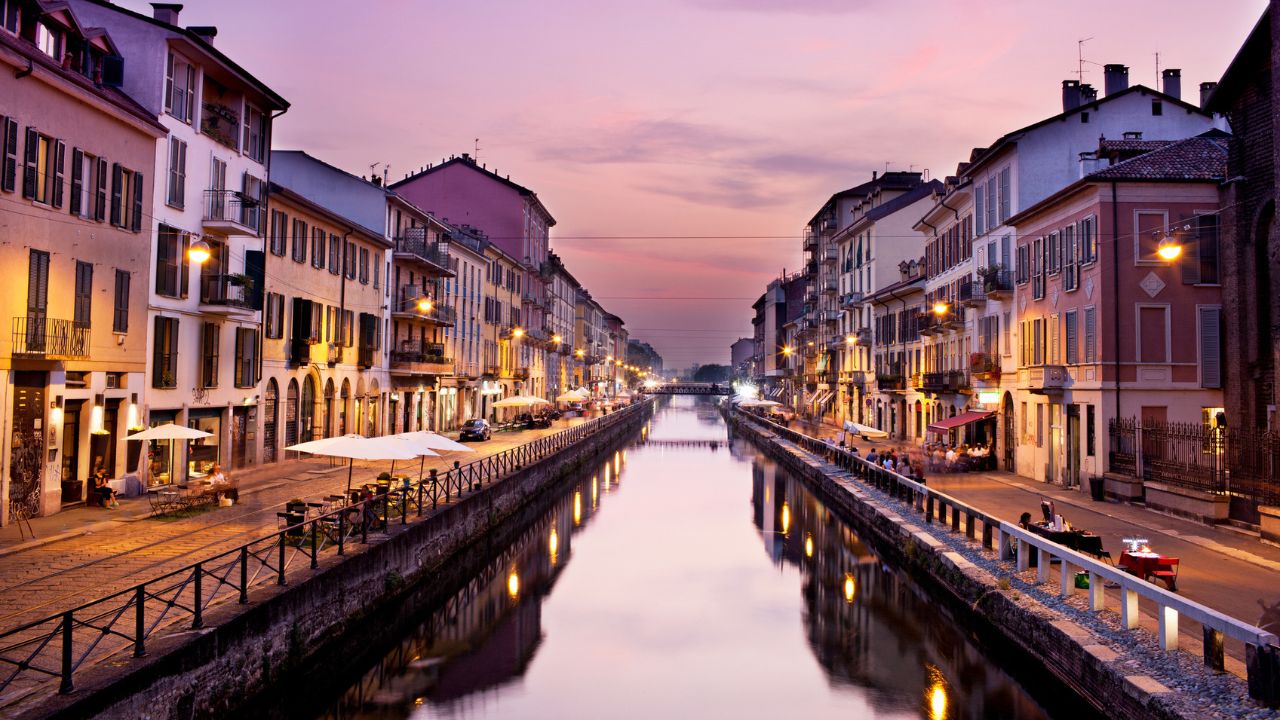A special tax regime introduced by former Prime Minister Matteo Renzi in 2016 offers ultra-rich foreigners a capped flat tax rate instead of percentage-based taxation.
Initially set at €100,000 under Renzi, the cap has doubled under current Prime Minister Giorgia Meloni’s administration, making Italy increasingly attractive to high-net-worth individuals.
The policy recently sparked diplomatic tension when former French Prime Minister François Bayrou criticised Italy just before his government collapsed.
“There is a kind of tax nomadism, which attracts taxpayers to countries with the most favourable tax laws. Italy is currently practising a policy of tax dumping,” Bayrou said.
Prime Minister Meloni responded by describing Bayrou’s comments as “astonishing,” defending Italy’s sovereign right to set its own tax policies.
Data from the Italian Court of Auditors reveals that in 2023 alone, more than 1,500 ultra-wealthy foreigners took advantage of the scheme, contributing €117.6 million to Italian state coffers.
The influx included 1,627 Americans, the highest number since 2003, along with wealthy individuals previously residing in tax havens such as the Bahamas, Panama, and Cyprus.
According to consulting firm Henley & Partners, approximately 3,600 millionaires from around the world are expected to relocate to Italy by the end of 2025, bringing an estimated total wealth of €21 billion.
This migration of wealth has created a specialised market of international investors pouring substantial capital into Italian luxury real estate.
Milan’s prestigious “Quadrilatero della Moda” district, home to major designer boutiques, now features luxury apartments selling for €40,000 per square metre, with real estate prices jumping by an average of 57 per cent between 2021 and 2024.
The trend extends beyond Milan. In Rome, apartment prices have increased by 7.4 per cent in just one year, while rents have surged by more than 11 per cent.
Other cities experiencing similar patterns include Florence and Bologna, with local families increasingly forced to relocate to suburban areas as city centres become dominated by wealthy newcomers.
The construction sector has responded aggressively to this boom, sometimes crossing legal boundaries.
For the past two years, magistrates have been conducting thorough investigations into Milan’s construction industry, uncovering alleged abuses in the development of numerous luxury buildings.
The investigation has implicated several local political figures, including Mayor Giuseppe Sala.
Beyond tax advantages, Italy’s quality of life and rich cultural heritage continue to attract entrepreneurs, executives, investors, and celebrities from around the world.
“This trend shows no sign of slowing down,” researchers at Henley & Partners said, highlighting how the combination of favourable taxation and lifestyle factors has positioned Italy as “an extremely attractive destination for people with significant capital.”

